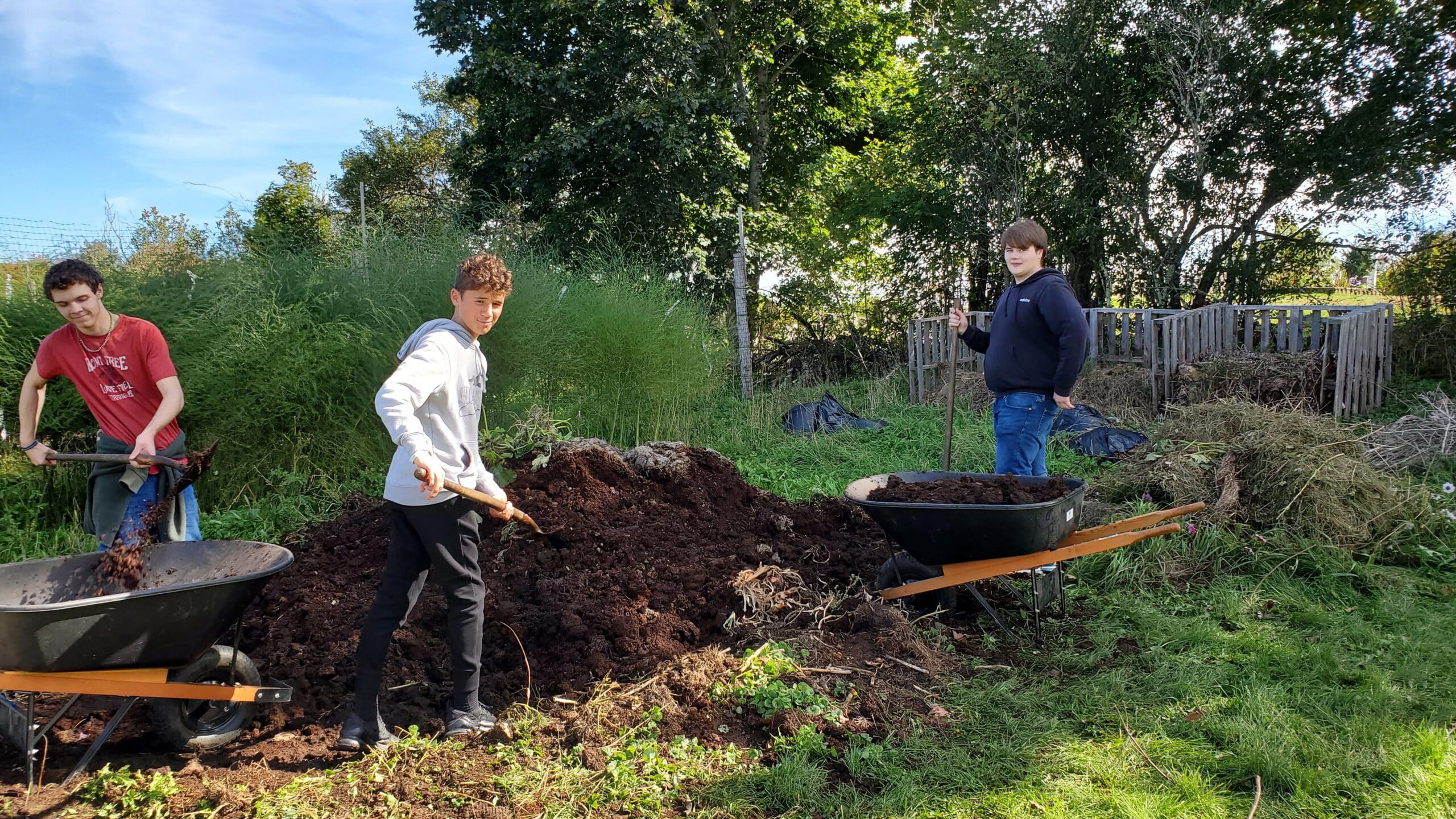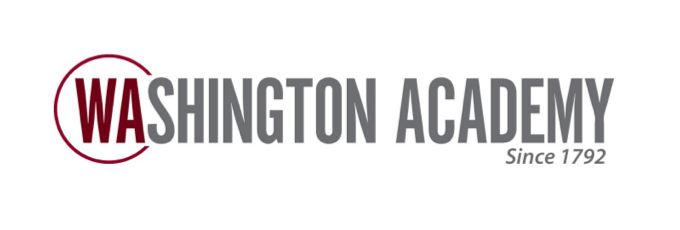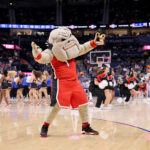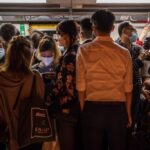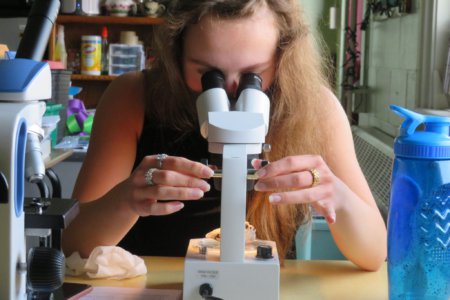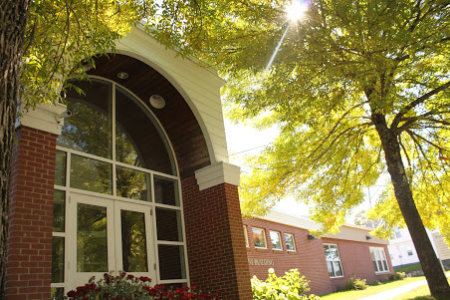Not many schools can make students feel invested in their community. Washington Academy (WA) successfully has. Its varied collaborations with local organisations — making the most of the safety, camaraderie and beauty of rural East Machias, Maine — have set itself apart among US schools.
With a committed and passionate science teacher like Colleen Maker, it is little surprise that WA students have taken a keen interest in worlds beyond their own — to the extent that they want to protect and safeguard their planet for future generations.
The adviser for after-school Science and Sustainability Clubs and Student Council does this by taking students out in the field. Last October, Raiders went to Crossroads Farm in Jonesport, Maine to learn the importance of apple gleaning, a process that maximises crop harvesting and minimises the potential for food crop waste. Students harvested cider apples and donated them back to the farm for pressing and cider-making as well. “Apple gleaning was very fun and I love using things that otherwise would have gone to waste,” says Sustainability Club member Abbey Anderson ’ 25.
Another partnership making waves is Downeast Salmon Federation’s (DSF) long-standing relationship with WA. Wild sea-run Atlantic salmon in Maine rivers are classified as endangered and restocking young salmon (parr) has been essential to preserve them.
Maker’s Marine Biology students worked with DSF’s hatchery to release some 8,000 parr at Chase Mill Dam before moving to East Machias River Smokehouse and releasing another 7,500 parr. “It was amazing to see how these tiny fish are dispersed into a large body of water in hopes of survival,” says Ayla Zanoni ’24, a Marine Biology student.

Naomi Lauze and Anna Patterson at the Downeast Institute. Source: Washington Academy
Over at the East Machias Aquatic Research Centre, Marine Biology students helped cut poplar trees growing around the organisation’s solar panels. After they are processed through a chipper, students get to spread the chips in the Washington Academy Community Garden. “It’s interesting to see how the solar panels work and how removing the poplars will improve their efficiency,” says Anna Patterson, a student.
Thanks to the partnership with Healthy Acadia and UMaine Cooperative Extension, students like Patterson and Zanoni also get to witness the circle of life through the WA Comunity garden, which yields thousands of pounds of produce every year. This is all donated to the Machias Food Pantry and other food pantries locally.
These are powerful experiential learning and community service opportunities. These unique experiences showcase the urgency of sustaining our valuable natural resources, makes a difference in the local community, and brings curriculum to life.
When Marine Biology students toured Downeast Institute (DEI) in Beals, Maine, they received cutting-edge information about marine life and their habitat. They didn’t just learn about algae harvesting, its impact on the economy and even its usage in biofuel industries — they got to see all kinds of sea creatures, from blue lobsters to sea cucumbers starfish and hermit crabs as well.

Marine Biology students visit DEI. Source: Washington Academy
Marine Biology teacher Colleen Maker can testify to the impact this has on Washington Academy students: “I am honored to work with amazing young adults and be part of their educational journey. Whenever possible, learning is tangible and students connect with community members and participate in community service projects. Students enhance their leadership, critical thinking, and advocacy skills while tackling problems such as food insecurity and helping to sustain endangered species. Having a supportive administration that encourages and supports experiential learning allows teachers to create dynamic learning opportunities and students to engage in amazing opportunities and deepen their love of learning.”
Still, these community partnerships reflect only a fraction of what students gain at WA. The independent secondary school offers a comprehensive programme of academics, athletics, and art. Head of School Judson McBrine remarks that every student is sure to find something that fits their unique personalities. “Each year, over 400 students like you make a decision to attend WA,” he says. “Students come together to immerse themselves in courses and make use of an environment that isn’t typically available at other secondary schools.”
Teachers know students on a personal level. A student-to-teacher ratio of 12:1 lets strong relationships flourish.International students enjoy a sense of community and belonging through their involvement in school partnerships, thus creating a new community as a home away from home.
Follow Washington Academy on Facebook, Instagram, and YouTube

